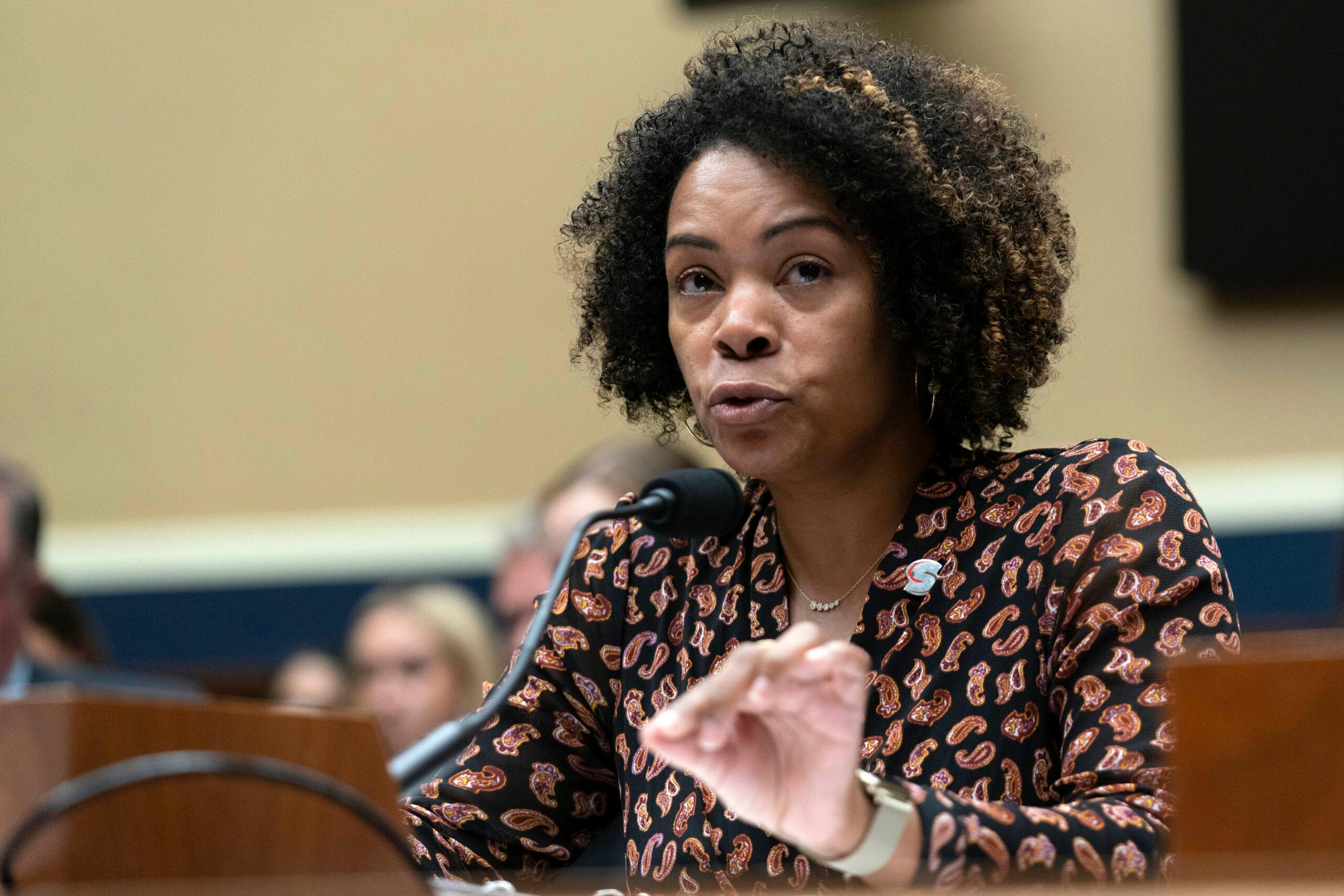
By Eddie Pells/AP
The Denver-based U.S. Center for SafeSport announced 10 changes to the way it operates Monday in a move it says is designed to increase efficiency and “trauma sensitivity,” while addressing complaints that have come from both victims and the accused involved in cases at the center.
The U.S. Center for SafeSport is a nonprofit organization that was created in 2017 to reduce the sexual abuse of athletes, particularly minors, in Olympic sports programs in the United States.
The announcement of the overhaul came after what the center said was an eight-month review of a process that has been criticized by Congress, athletes in the Olympic movement and even families whose kids play grassroots sports.
Some of the changes address issues raised in a series of Associated Press stories that detailed drawn-out cases in which both victims and the accused often felt blindsided and unsure of the SafeSport process.
“We are proud of the progress we’ve made, but we are clear-eyed about the work ahead of us,” said Ju'Riese Colon, the CEO of the center, which opened in 2017 in response to the Olympic movement's failed handling of the Larry Nassar sex-abuse cases.
One key change is that the center will now commit half of an employee's time toward training for its response and resolution department “including enhanced trauma-sensitivity training grounded in research and best practices.”
The center is also assembling a team that specializes in cases involving minors. It also will give people who file claims a before-missing option to review the center's evidence and respond with new information within 14 days of the end of an investigation; it will limit the accused's ability to introduce new evidence into cases that reach arbitration.
The center is also “conducting audits to seek accountability deeper into grassroots sports," in an acknowledgement of criticism that the center takes on too many cases from places far removed from the Olympic pipeline.
The mother of a teen who had previously reached out to to discuss her son’s case told the AP “in a first glance, this looks really good for us because they are essentially admitting their process was not good.”
Her family is filing a lawsuit against the center after it sanctioned her son before conducting an investigation. The AP is not using her name because her son is a minor.
The CEO of the U.S. Olympic and Paralympic Committee, Sarah Hirshland, said the agency is “hopeful that these adjustments will facilitate a better system of athlete safety.”
“They’ve listened to the experiences that individuals have had and they’re making changes to improve those experiences and build trust in their processes. That’s a solid step forward,” Hirshland said.
Beginning Monday, the center is reworking what it calls “administrative closures” to give sports organizations more clarity on the reasons for the outcomes. Some 38 percent of the center’s cases between 2017 and 2022 resulted in administrative closures, meaning SafeSport made no findings, imposed no sanctions and there was no public record of the allegation.
The center said it would offer more explanation behind those closures but did not say anything about trying to trim the percentage of cases that end that way. That has been a source of frustration for many reasons, including their cost to the national governing bodies and also the confusion they cause when those agencies sometimes look to impose sanctions independently of the center.
A Congressionally appointed commission recently released a report that called for changes in the center, including a rewrite of the law governing the Olympics that included a proposal to have its funding come from the government, not the USOPC that it oversees.
The recommendations came out of a study that took more than a year and concluded "it became clearer with each new piece of evidence that SafeSport has lost the trust of many athletes,” the commission wrote in a report to Congress.
The co-chairs of the commission, Dionne Koller and Han Xiao, said they were pleased the center acknowledged the need for reform but that more needs to be done.
“This includes strengthening oversight and accountability for all movement institutions, granting independence to the Team USA Athletes Commission, and establishing an independent funding stream for SafeSport at a level sufficient for it to fulfill its mission," the co-chairs said in a statement.
Colon was in front of a pair of Congressional panels last week where she previewed some of the changes on tap.









